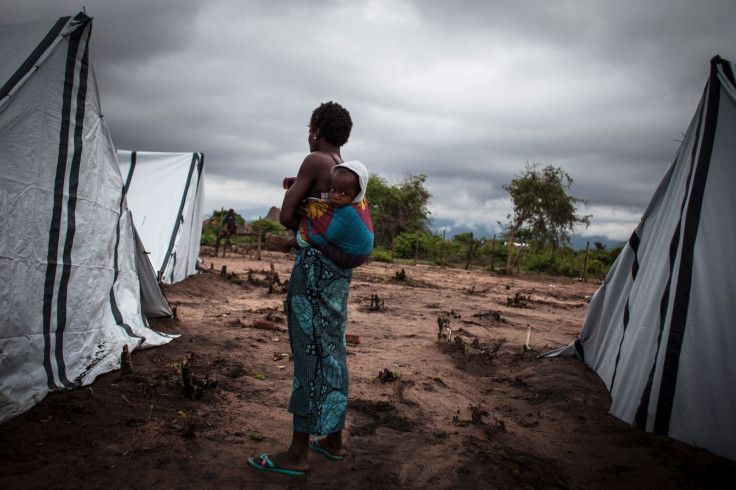Relative calm descends on Mozambique as optimism grows for long-lasting truce
Long-standing civil war foes Renamo guerrillas and Frelimo government agreed to 'new year' ceasefire.

A sense of calm has descended on Mozambique after long-standing civil war foes the Mozambique National Resistance Movement (Renamo) guerrillas and the Mozambique Liberation Front (Frelimo) government agreed to a new year ceasefire.
Almost a quarter century after the end of its 16-year civil war that killed a million people, violence has escalated in the southern African nation, despite the international community's efforts at keeping the peace. Mozambique is one of Africa's fastest-growing economies and the country is looking to escape years of poverty and conflict by tapping into its huge energy resources.
A peace deal held until 2013, but since the middle of 2015, conflict has simmered again and so far an estimated 15,000 Mozambican refugees have fled to government-run camps or neighbouring Malawi and Zimbabwe.
Earlier this week, however, Renamo head Afonso Dhlakama announced that he and President Filipe Nyusi had agreed to the week-long truce, which is expected to last through to 1 January, and could be extended. The provisional truce came into force "for the Mozambicans to spend the new year's holiday in peace".
"I announce the cessation of military hostilities from zero today, Tuesday, 27 December, 2016. In all Mozambican territory there will be no combat between the armed forces of Renamo and the armed forces of Mozambique. And the Renamo Forces will remain in their bases. They can patrol an area of three to four kilometres for security reasons, and the President of the Republic, I want to believe, will do the same. The FADM [Mozambique Defence Armed Forces] and FIR [riot police] forces will also remain in their positions," Dhlakama said during a press conference, as reported by the Mozambique News Agency AIM.
Following the pair's phone call, Nyusi told Radio Moçambique: "This kind of contact has to be explored to the fullest. We took time to talk about the peace situation. It was a long call, I was encouraged by what we have always been saying, that in one way or another, hostilities have to stop, no one should die because of misunderstandings of ideas or positions, of differences between people".
Dhlakama and Nyusi's ceasefire talk 'a positive step'
For Joseph Hanlon, a journalist and development researcher, who has been chronicling Mozambique since 1978, this provisional truce (trégua provisória) and its potential extension is a positive step as the leaders also discussed several key issues.
These included the decentralisation of state administration and a reshuffle of the FADM and Security Service (SISE), which, Dhlakama explained, would allow Mozambique to hold the next municipal and presidential elections "in a good environment, which would mean democratising Mozambique".
"Dhlakama makes two important points," Hanlon said. "First that the truce could be extended, conditional on an end to government military movements. Second, this is the first time that Dhlakama (who claims the 2014 elections were stolen from him) has publicly looked forward to municipal elections in 2018 and national elections in 2019."
Hanlon said preparations for the elections "need to begin soon". This could be seen as a message to Renamo MPs and the Electoral Commission that they should continue work preparing for elections.
In October, Human Rights Watch warned of a growing threat that civilians could become "legitimate targets" in the conflict after Renamo ramped up attacks against a number of villages and facilities, while the government has also been accused of carrying out a number of deadly army operations since October 2015.
© Copyright IBTimes 2024. All rights reserved.






